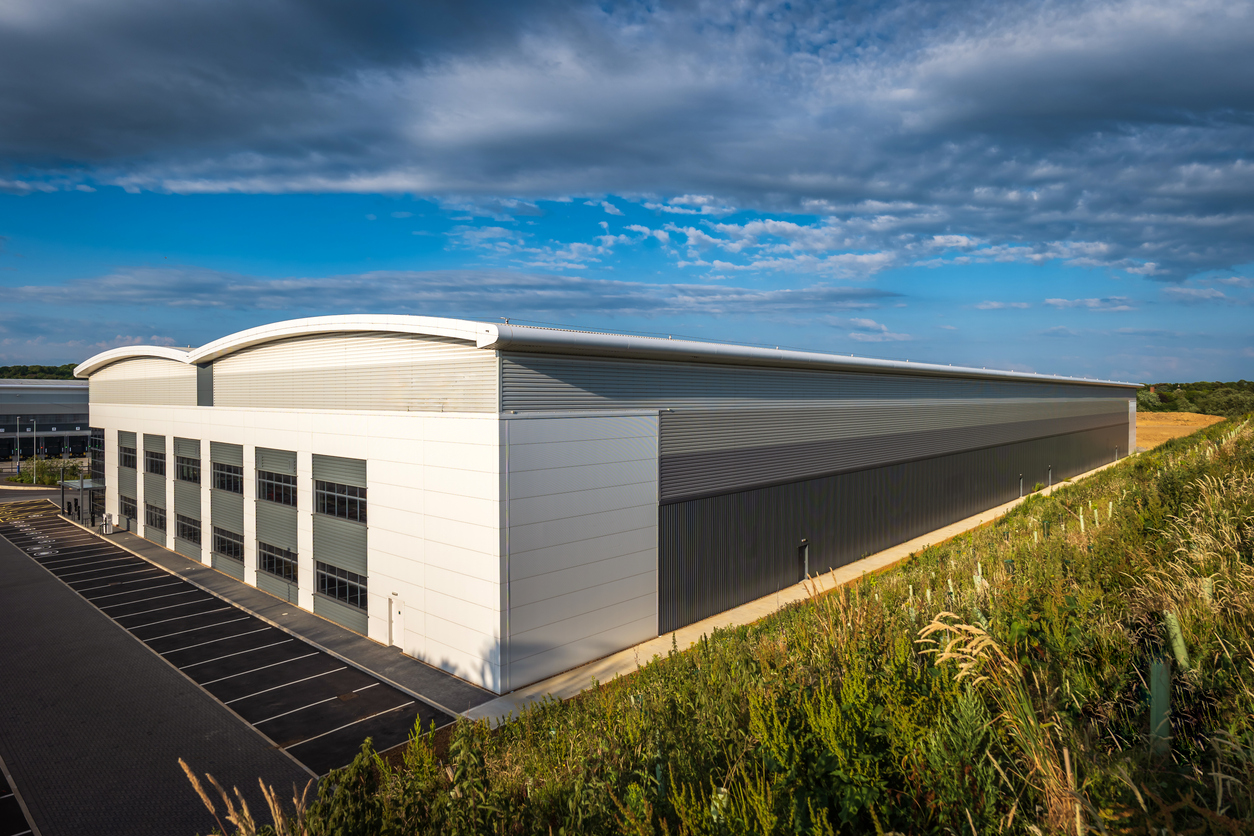Investing in Freehold Commercial Property: A Comprehensive Guide
Introduction
Investing in freehold commercial property offers numerous advantages, including full ownership, long-term security, and potential for significant financial returns. Whether you need space for office operations, retail, industrial use, or mixed-use developments, owning a freehold property provides stability and control for your business or investment portfolio. This guide explores the market for freehold commercial properties, offers tips for finding the right property, and outlines key considerations for buyers.
Benefits of Freehold Commercial Property
Full Ownership:
- Freehold ownership means you own both the building and the land, providing complete control over the property without the constraints of lease terms.
Long-Term Security:
- Freehold properties offer long-term stability, allowing businesses to operate without the uncertainty of lease renewals or rent increases.
Investment Potential:
- Freehold commercial properties can appreciate in value and generate rental income, offering strong returns on investment.
Customization:
- Owners can modify and develop the property as needed to suit specific business requirements, subject to planning regulations.
Steps to Finding Freehold Commercial Property for Sale
-
Utilize Online Property Portals:
- Websites like Rightmove Commercial, Zoopla, and EG Propertylink list available freehold commercial properties. Use filters to narrow your search by location, size, and price.
-
Consult with Commercial Estate Agents:
- Engage with agents specializing in commercial properties, such as Savills, Knight Frank, JLL, and CBRE. These professionals offer tailored advice and access to exclusive listings.
-
Explore Key Business Areas:
- Visit key business districts and commercial zones in your desired area to identify potential properties and understand the local market dynamics.
-
Attend Property Auctions:
- Property auctions can provide competitively priced opportunities. Auction houses like Allsop and Acuitus frequently list freehold commercial properties.
-
Network Locally:
- Join local business networks and chambers of commerce to hear about opportunities through word-of-mouth and networking events.
Example Listings
Freehold Office Building in London:
- Location: Canary Wharf, E14
- Description: Modern office building with 15,000 sq ft, open-plan layout, meeting rooms, and parking. Located in a prime business area with excellent transport links.
- Price: £5,000,000
- Agent: Savills
Freehold Retail Unit in Manchester:
- Location: Deansgate, M3
- Description: Prime retail unit with 8,000 sq ft, large display windows, and high footfall location. Suitable for retail or restaurant use.
- Price: £3,000,000
- Agent: Knight Frank
Freehold Industrial Warehouse in Birmingham:
- Location: Aston, B6
- Description: Spacious industrial warehouse with 20,000 sq ft, high ceilings, loading bays, and office facilities. Excellent access to the M6.
- Price: £2,200,000
- Agent: JLL
Key Considerations for Buyers
Location:
- Choose a strategic location that suits your business needs. Consider proximity to transport links, suppliers, and customers to maximize efficiency.
Size and Layout:
- Ensure the property has adequate space for your operations, including storage capacity, loading areas, and office space. Consider future growth and flexibility.
Condition and Facilities:
- Inspect the condition of the property and ensure it has essential facilities such as heating, ventilation, security systems, and sufficient power supply.
Planning and Zoning:
- Verify that the property is zoned for your intended use. Check local planning regulations and potential restrictions.
Financial Viability:
- Evaluate the financial aspects, including purchase price, potential rental income, operating costs, and return on investment. Consulting a financial advisor is advisable.
Legal Due Diligence:
- Engage a solicitor to conduct due diligence, reviewing the property's title, existing leases (if any), and any existing liabilities.
How Fraser Bond Can Assist
Market Analysis:
- We provide detailed market analysis to help identify the best opportunities for purchasing freehold commercial properties.
Tailored Property Search:
- Our team assists in finding freehold commercial properties that meet your specific requirements, leveraging our extensive network and market knowledge.
Due Diligence:
- We conduct thorough due diligence, including property inspections, legal reviews, and financial assessments to ensure a sound investment.
Negotiation Expertise:
- Our experts negotiate favorable terms and prices on your behalf, leveraging our experience and market insights.
Financing Solutions:
- We help explore and secure financing options, working with a network of lenders and financial advisors.
Post-Purchase Support:
- We offer ongoing support post-purchase, including property management, tenant sourcing, and maintenance coordination.
Conclusion
Investing in freehold commercial property offers numerous advantages, including full ownership, long-term security, and potential financial gains. By leveraging expert advice and conducting thorough due diligence, you can secure a property that meets your business needs and supports growth. Fraser Bond is dedicated to providing comprehensive support throughout the acquisition process. Contact us today to learn more about how we can assist you in finding and purchasing freehold commercial properties.



